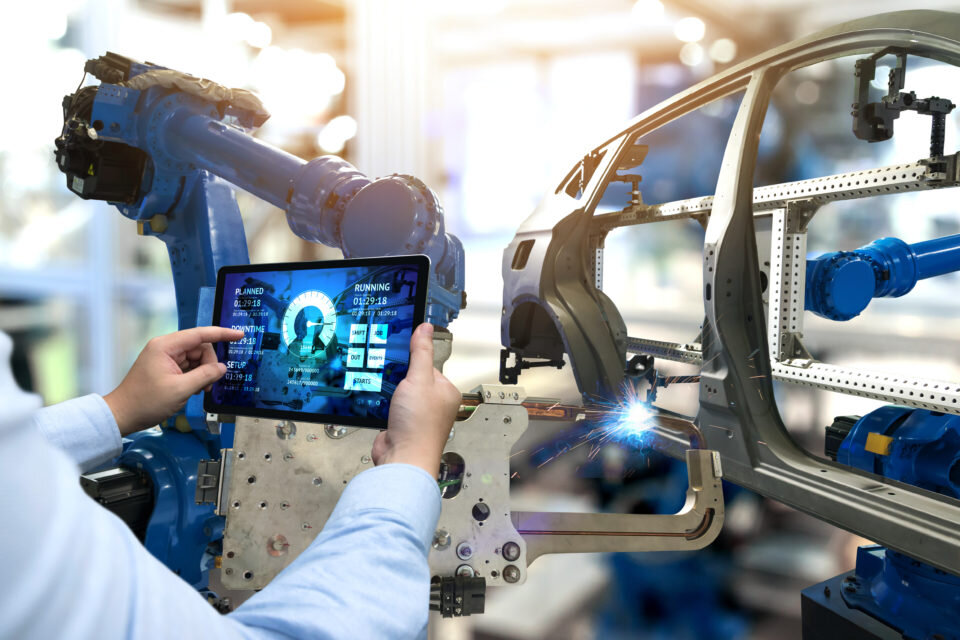The future of work: how AI is reshaping careers

TEHRAN - The way we work is changing fast. Artificial intelligence isn’t just some futuristic concept anymore; it’s here, and it’s already transforming careers in ways we couldn’t have imagined a decade ago. Some people see AI as a threat, others as a powerful tool, but one thing is certain: the future of work won’t look like the past.
The AI Assistant Era
Remember when "automation" meant factory robots assembling cars? Today, AI handles tasks far beyond manual labor, writing emails, analyzing data, and even creating marketing campaigns. Tools like ChatGPT, Copilot, and countless others are becoming co-workers in their own right, taking over repetitive tasks so humans can focus on strategy, creativity, and problem-solving.
This shift isn’t about replacing jobs; it’s about redefining them. Accountants no longer just crunch numbers; they interpret AI-generated insights. Marketers spend less time on spreadsheets and more on crafting compelling stories. The jobs of the future won’t be about doing the work manually but knowing how to guide AI to do it better.
The rise of hybrid roles
The most in-demand careers won’t be purely technical or purely creative; they’ll be a mix of both. Employers are already looking for people who can bridge the gap between AI capabilities and human intuition. A graphic designer who understands AI art tools can produce work faster and more innovatively. A sales professional who leverages AI for customer insights can personalize pitches like never before.
This means adaptability is the new job security. Workers who continuously learn, whether it’s mastering a new AI tool or developing soft skills like emotional intelligence, will thrive. The future belongs to those who can collaborate with machines while bringing uniquely human strengths to the table.
The human edge in an AI world
AI can analyze, predict, and even create, but it lacks true judgment, empathy, and ethical reasoning. That’s where humans come in. Careers that rely on deep interpersonal connections, therapy, leadership, and teaching will remain irreplaceably human. Even in tech-driven fields, the ability to ask the right questions, challenge biases in AI outputs, and make nuanced decisions will set people apart.
The workplaces of tomorrow will likely be a blend of AI efficiency and human ingenuity. The most successful professionals won’t just use AI; they’ll understand its limits and know when to trust their instincts over a machine’s suggestion.
Conclusion
If there’s one takeaway, it’s this: AI isn’t stealing jobs; it’s reshaping them. The key to staying relevant isn’t resisting change but embracing it. Learn how AI applies to your field, experiment with new tools, and focus on developing skills that machines can’t replicate.
The future of work isn’t about human versus AI; it’s about humans and AI, working smarter than ever before. And that’s an exciting place to be.
Leave a Comment